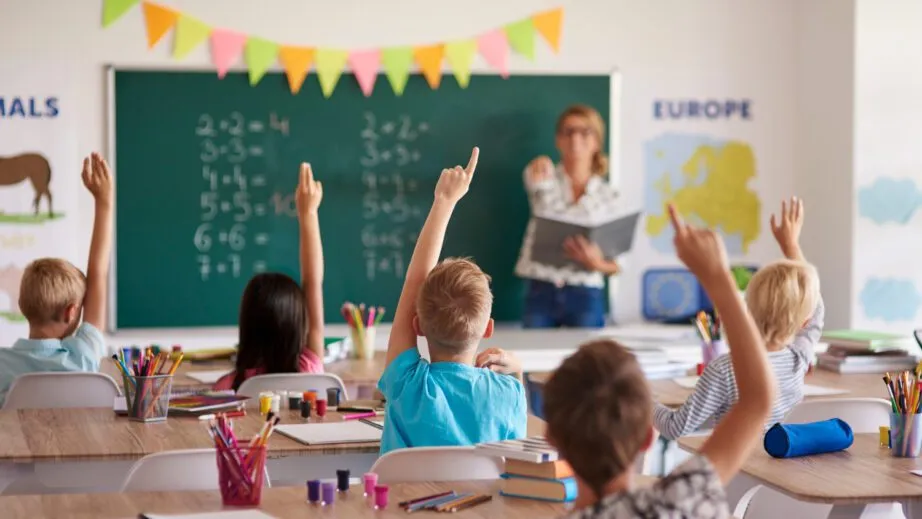Commission adopts study to improve Va.’s special education compliance system
Youth Commission sends study to governor and lawmakers ahead of 2026 General Assembly session

Youth Commission sends study to governor and lawmakers ahead of 2026 General Assembly session
